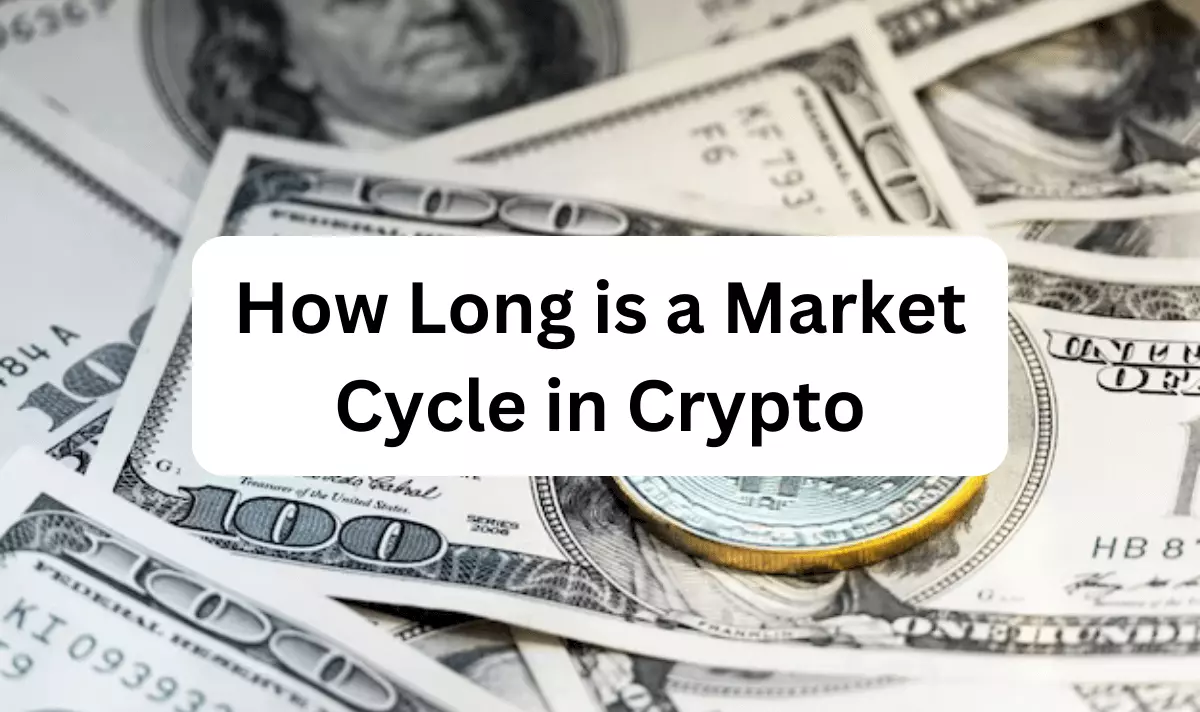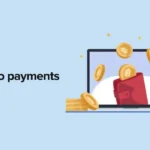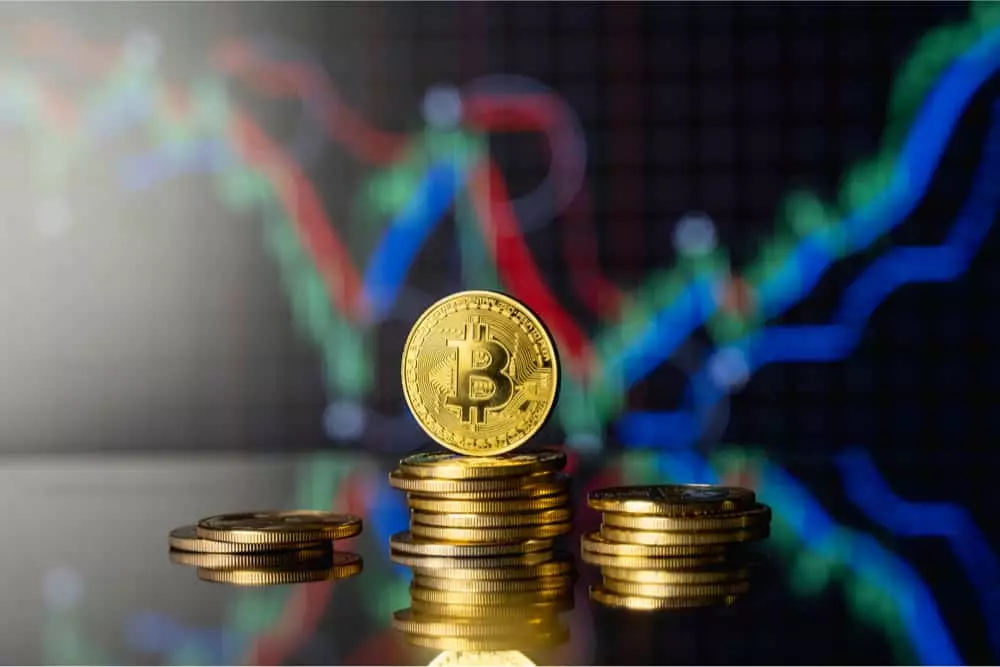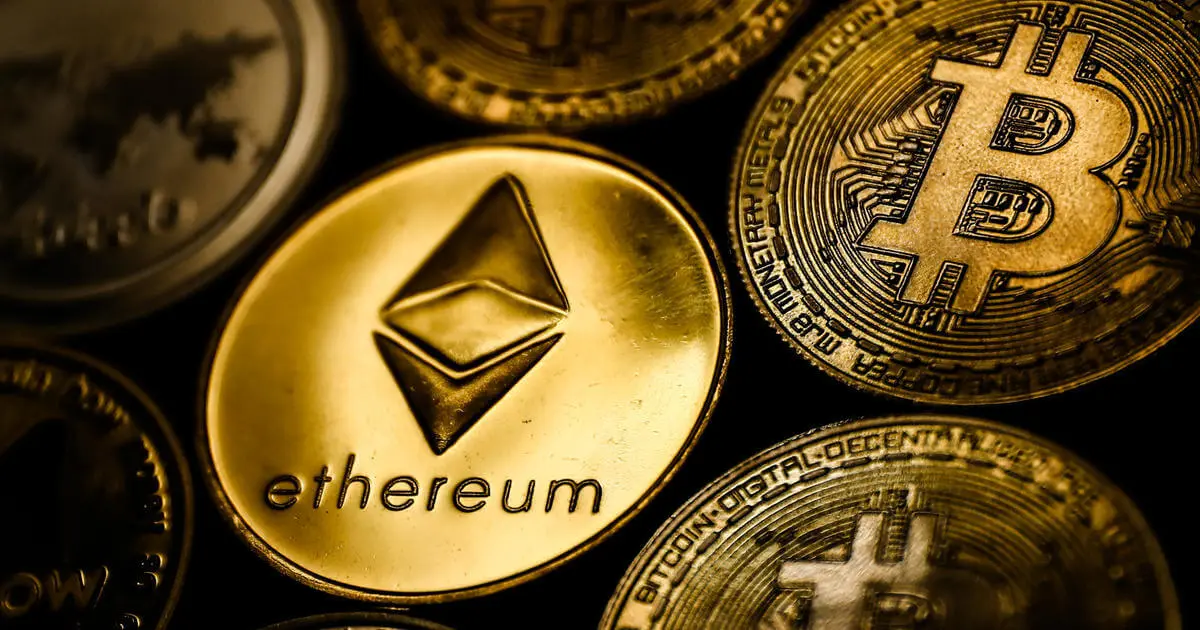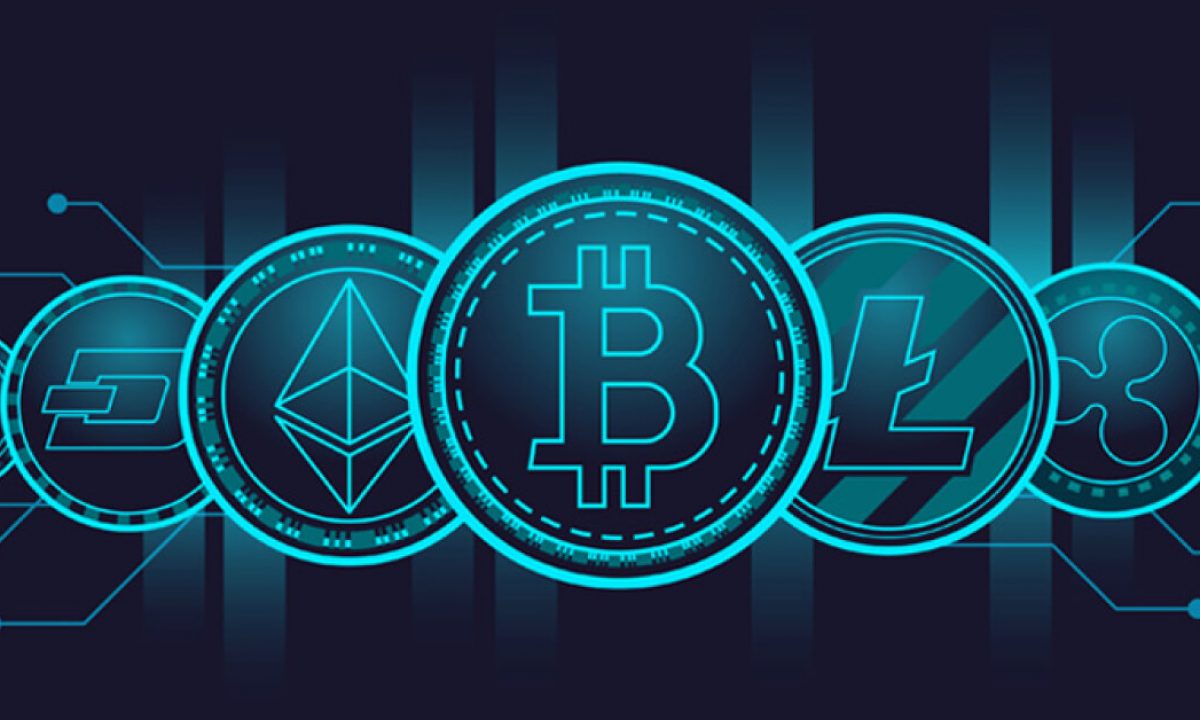Transfer with speed, ease and low cost
In traditional trading, the broker and agent can add major problems and expenses along with a single transaction. There are excessive bureaucracies, exchange fees & commissions and other different conditions that often apply.

The digital asset transfer process is very easy. Only press a small number of buttons and complete the transactions. The money can be credited in bank in real-time as there are thousands of miners processing these transactions on the blockchain.
Even better, cryptocurrencies, by their very nature, do not depend on exchange & interest rates, transaction charges or other fees applied by any particular country. And using a peer-to-peer network, world-wide transactions and transfers can be carried out without complications due to currency fluctuations, and so on.
Accessibility
Around about, there are 2.2 billion populations who are using internet or smartphones, but who cannot use traditional banking and exchange systems. The cryptocurrency system can make asset transaction in this big consumer market.
On the other hand, as there is no central authority that governs transactions, you can trade cryptocurrencies at any time of the day, as long as another user is active. Peer-to-peer money transfer can happen no matter wherever the recipient and you are.
Unlike traditional stock trading, trading on cryptocurrency exchanges is available 24 hours a day and you can exchange assets with other users at any time, as someone from other countries can trade with you.
Crypto liquidity and spread
The liquidity and spread are closely linked terms. When an exchange offers a relatively low spread, you will have a greater opportunity to have orders executed, that is, high liquidity. This can be significant for those who arbitrate between different exchanges or even between different crypto pairs on the same exchange. Greater liquidity will ensure that your orders are executed in less time and thus help you take advantage of punctual market opportunities.

As a writer, Richard is an advocate of blockchain technology and cryptocurrency in general. He writes about all things from cryptography to economics, with a focus on how it applies to cryptocurrencies. He is also passionate about writing about topics such as decentralization, open-sourced software development, and copyright law.

